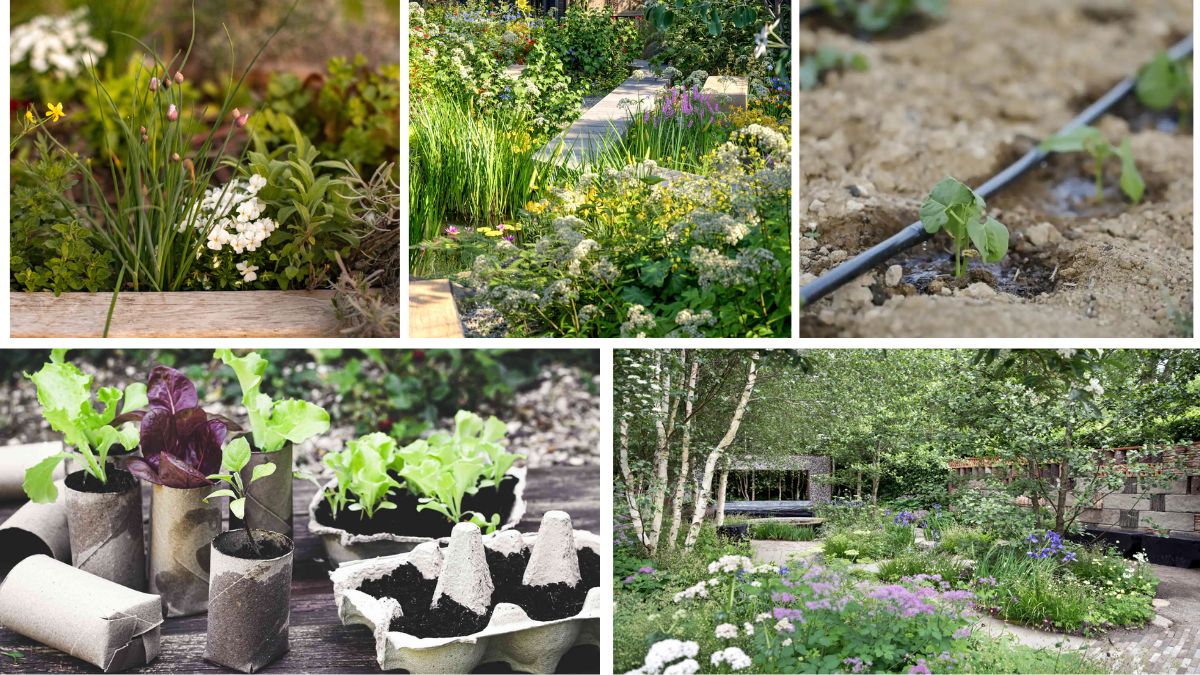Gardening is one of life’s most rewarding hobbies, but it can sometimes be time-consuming and expensive. From buying seeds and fertilizers to tending plants daily, costs and effort can quickly add up. Fortunately, with a few smart techniques, you can reduce both the workload and expenses while keeping your garden thriving. Whether you’re a beginner or a seasoned gardener, these 5 garden hacks that save time and money will help you create a beautiful, productive garden efficiently.
1. Reuse and Repurpose Household Items
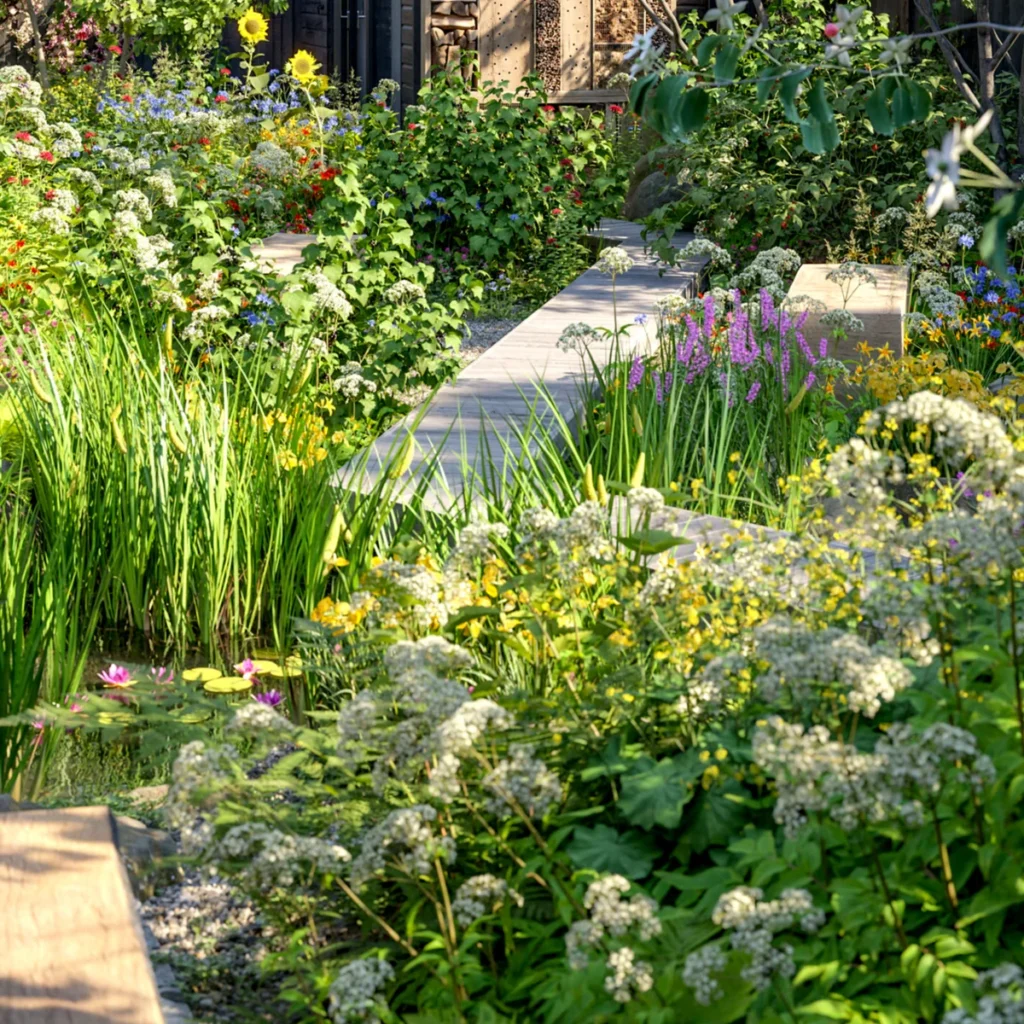
One of the easiest ways to save money in the garden is by repurposing items you already have at home.
Examples:
- Containers: Old buckets, yogurt cups, and milk cartons can serve as pots for seedlings.
- Eggshells: Crushed eggshells add calcium to the soil and deter pests like slugs and snails.
- Plastic Bottles: Cut bottles make handy mini-greenhouses or self-watering planters.
Benefits:
- Reduces waste and costs.
- Provides creative, functional alternatives to store-bought garden tools.
- Encourages sustainability by recycling materials.
Tip: Label repurposed containers clearly to keep track of your plants and seeds.
2. Use Mulch to Conserve Water and Suppress Weeds
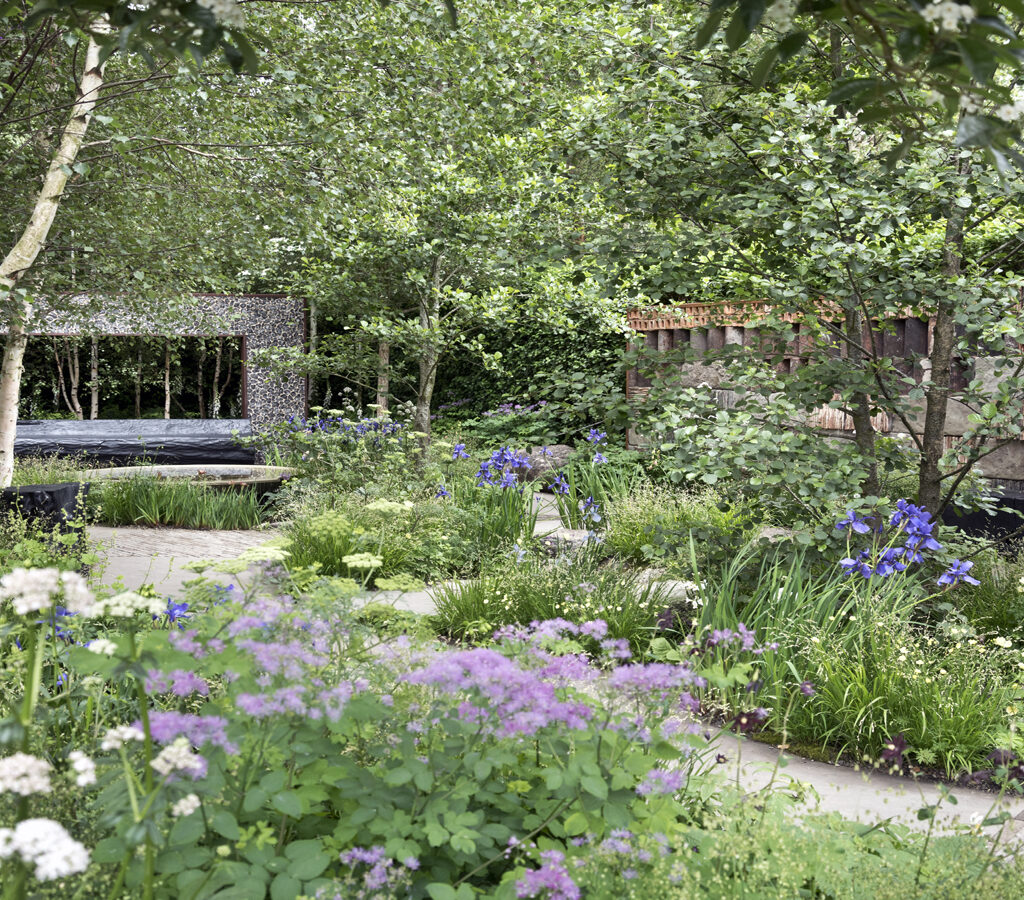
Mulching is a simple technique that saves time, money, and water in the long run. Mulch acts as a protective layer over the soil, keeping moisture in and preventing weeds from taking over.
How to Mulch Effectively:
- Spread a 2–3 inch layer of organic mulch such as straw, wood chips, or shredded leaves around your plants.
- Avoid piling mulch directly against plant stems to prevent rot.
Benefits:
- Reduces watering frequency, saving on water bills.
- Minimizes weeding time, freeing up your schedule.
- Improves soil health as organic mulch decomposes, adding nutrients naturally.
Hack: Collect fallen leaves in autumn, shred them, and use as free mulch for the next growing season.
3. Propagate Your Own Plants
Buying new plants or seedlings can be costly. Propagation is a cost-effective method to expand your garden without spending extra money.
Common Propagation Techniques:
- Cuttings: Snip a healthy stem from an existing plant, place it in water or soil, and allow roots to develop. Works well for herbs like basil, mint, and rosemary.
- Division: Split mature plants like hostas or daylilies into smaller sections to create new plants.
- Seed Saving: Collect seeds from your annual vegetables and flowers to use next season.
Benefits:
- Reduces plant purchase costs.
- Allows you to multiply favorite plants easily.
- Encourages a sustainable, self-sufficient garden.
Tip: Keep a propagation station with small containers and labels to track progress.
4. Implement Companion Planting
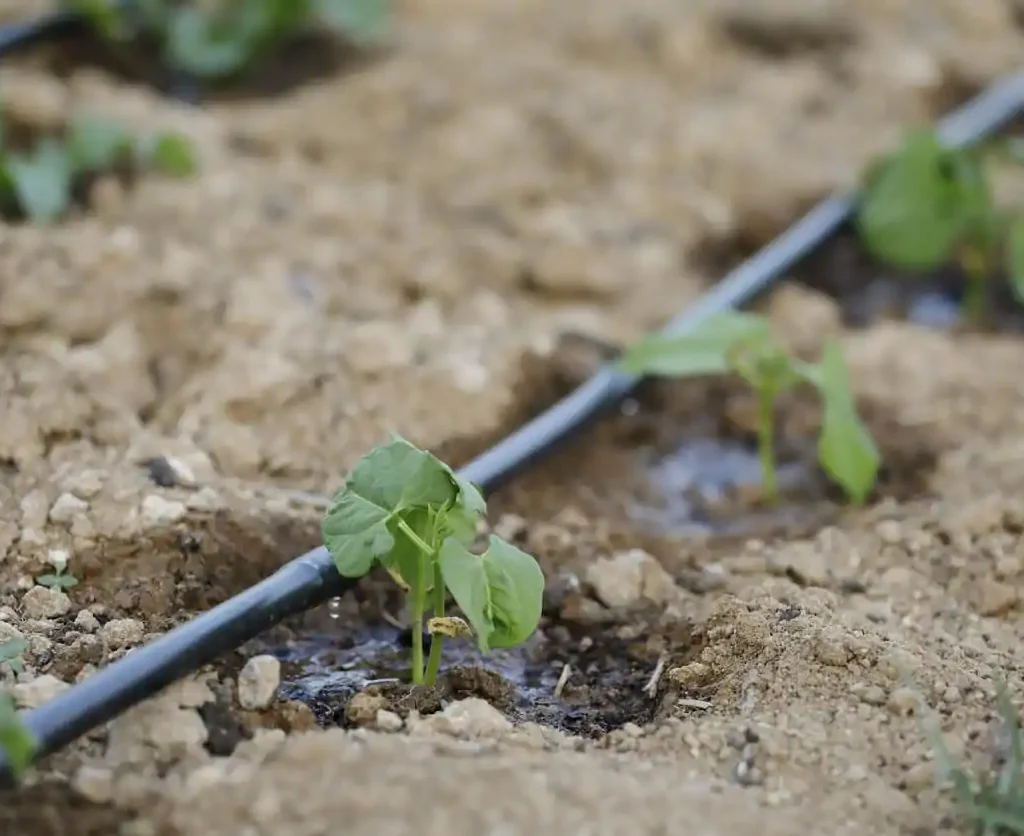
Companion planting is a smart gardening strategy that reduces pest problems, improves soil fertility, and saves money on chemical treatments. By growing compatible plants together, you create a natural ecosystem that supports plant health.
Popular Companion Pairings:
- Tomatoes and Basil: Basil repels pests and enhances tomato flavor.
- Carrots and Onions: Onions deter carrot flies, reducing crop loss.
- Marigolds and Vegetables: Marigolds repel nematodes and other harmful insects.
Benefits:
- Cuts down on the cost of pesticides and fertilizers.
- Increases crop yield without extra effort.
- Creates a visually attractive, diverse garden.
Hack: Research specific plant pairs suited to your region and growing conditions to maximize benefits.
5. Create a DIY Compost System
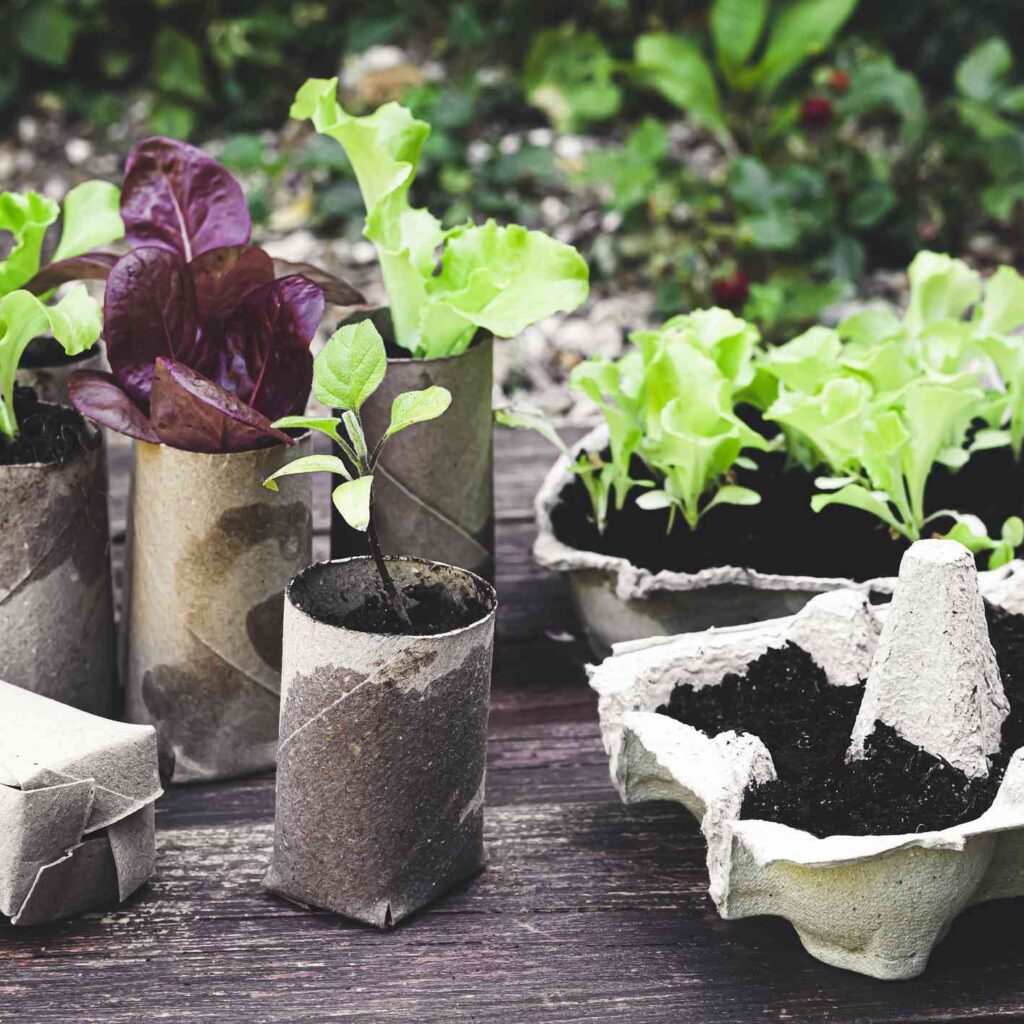
Composting is one of the most effective ways to save money and reduce garden waste. Instead of buying expensive fertilizers and soil amendments, you can make nutrient-rich compost at home from kitchen scraps and garden debris.
Steps to Start Composting:
- Choose a bin or corner of your yard for composting.
- Add a balanced mix of “greens” (vegetable scraps, coffee grounds) and “browns” (dry leaves, cardboard, paper).
- Turn the pile weekly to aerate it and speed decomposition.
- Harvest finished compost in 2–3 months and mix it into your garden beds.
Benefits:
- Cuts down on fertilizer costs.
- Reduces kitchen and garden waste.
- Improves soil structure, drainage, and plant health naturally.
Tip: Avoid adding meat, dairy, or oily foods to your compost, as they can attract pests.
Bonus Tips to Save Time and Money in the Garden
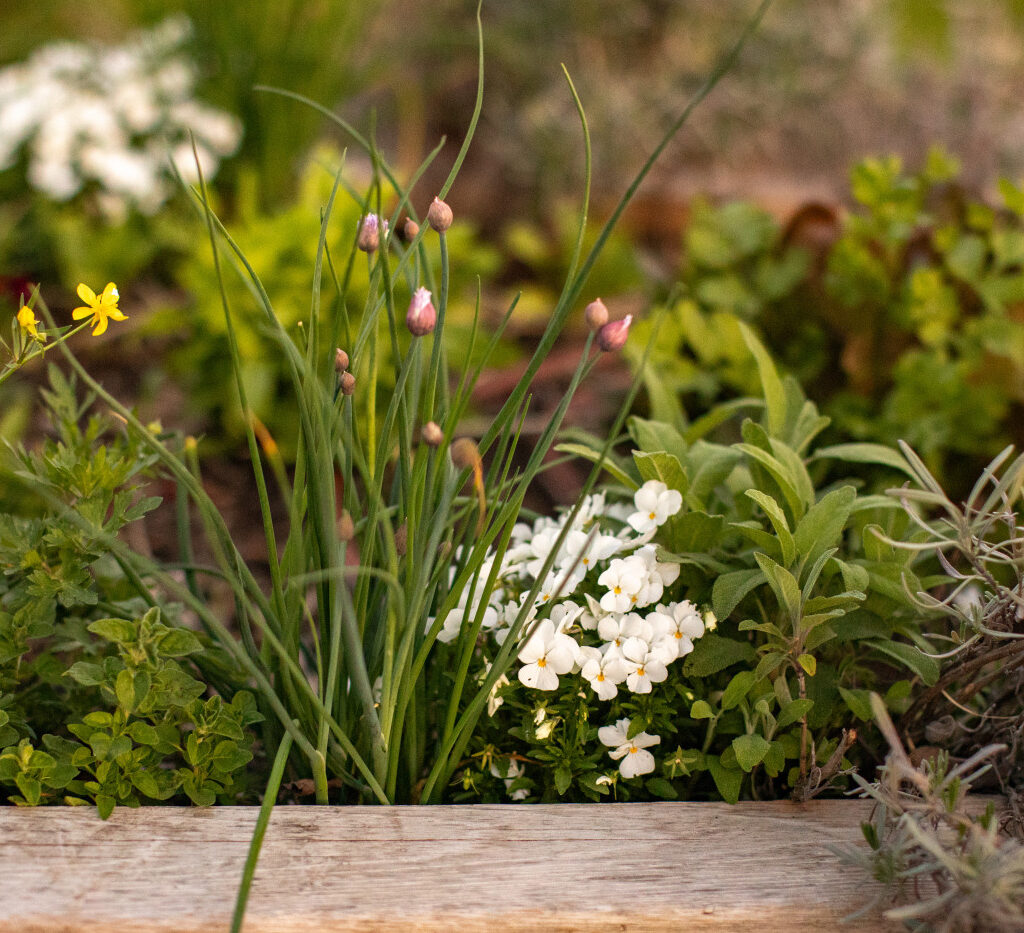
- Use Drip Irrigation: Instead of watering manually, a drip system delivers water directly to roots, reducing waste and saving effort.
- Grow Fast-Growing Crops: Vegetables like radishes, lettuce, and spinach grow quickly, providing fast harvests and reducing dependency on store-bought produce.
- Plan Garden Layout: Organize plants by water and sunlight needs to avoid extra watering or plant stress.
- Invest in Quality Tools: While it may seem counterintuitive, sturdy, long-lasting tools save money and effort over repeated replacements.
- Harvest Regularly: Frequent harvesting encourages new growth and ensures you get maximum yield from your plants.
Conclusion
Gardening doesn’t have to be expensive or time-consuming. By implementing these 5 garden hacks—repurposing household items, mulching, propagating plants, companion planting, and composting—you can create a lush, productive garden efficiently and sustainably.
These strategies save both time and money while enhancing soil health, improving plant growth, and reducing environmental impact. A well-planned garden using these hacks provides fresh herbs, vegetables, and flowers without the constant drain on resources.
Whether you’re a casual gardener or someone looking to grow more food at home, these hacks will help you maintain a vibrant, thriving garden with less effort and expense. By adopting simple, smart techniques, your garden becomes a space where nature, creativity, and efficiency come together—delivering beauty, nutrition, and satisfaction all year round.
Start small, experiment with these tips, and watch your garden flourish without breaking the bank or draining your time. Gardening smart is gardening happy!
